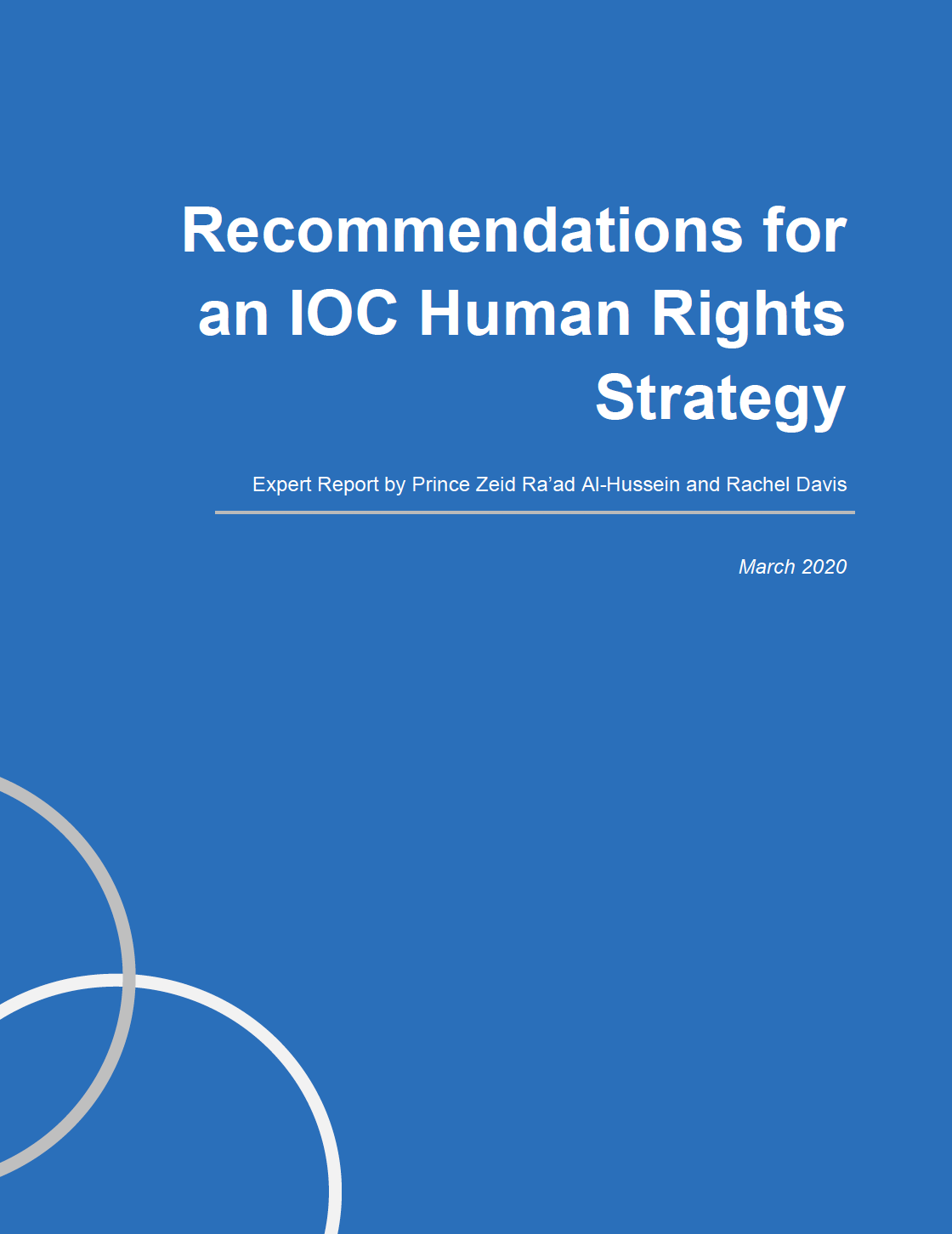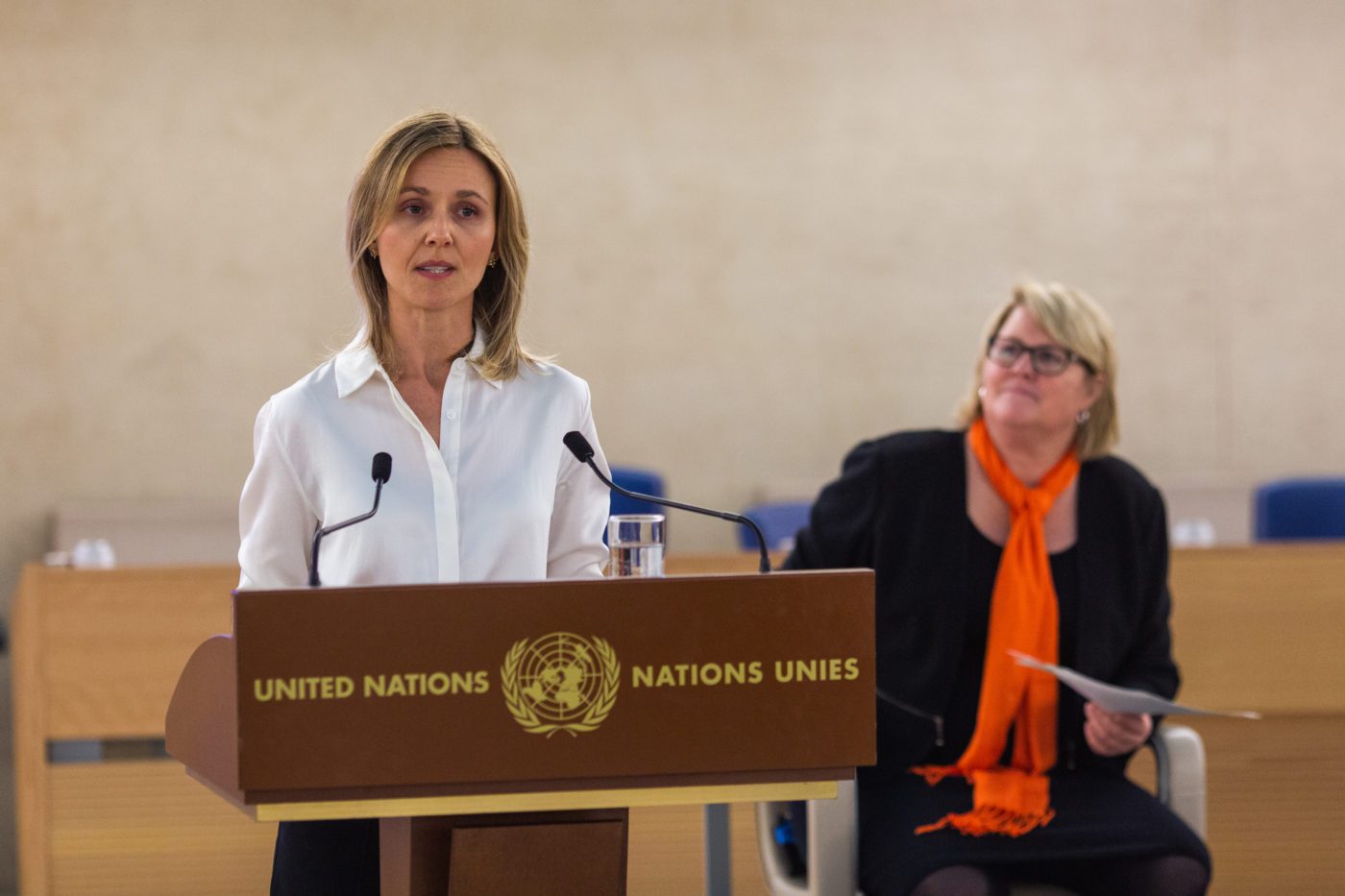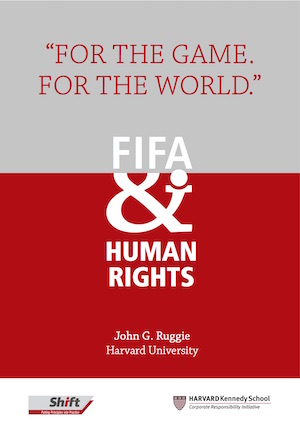New York, NY.
In March 2019, we were asked by the International Olympic Committee (IOC) to offer expert advice on how the organization could meet its human rights responsibilities.
Human rights are about valuing and ensuring individual dignity. And respect for peoples’ dignity is fundamental to the values enshrined in the Olympic Charter. As we assessed what the IOC had in place, we found many examples of how the organization has carried out important work on human rights, even if it has not always been described as such. But this work has typically happened in silos, independently of an overarching or coordinated approach on human rights. Recently, this has begun to change as the IOC has become more explicit about the centrality of human rights in its own operations, its role as custodian of the Olympic Games, and its leadership of the Olympic Movement. However, more remains to be done.
Our assessment included consultation with a broad range of IOC staff as well as with expert stakeholders – from human rights NGOs to trade union representatives – whose perspectives informed our understanding of the human rights challenges and opportunities across the Olympic Movement.
Our final report – delivered to the IOC in March 2020 – sets out our recommendations on how the IOC can meet its human rights responsibilities and demonstrate leadership on human rights for the Olympic Movement as a whole through a comprehensive strategy that builds on Agenda 2020 and is aligned with UN human rights standards. Today, we welcome the IOC’s decision to publish our report in full – we believe that this demonstrates the organization’s commitment to engaging with its human rights responsibilities and shows needed leadership on human rights for the Movement.
We are also encouraged that the IOC has announced that from January 2021, it will move forward on building its internal capacity on human rights and start developing an overarching strategy, in line with our recommendations. We also commend the IOC’s commitment to explore an amendment to the Olympic Charter.
While we know that some of our recommendations remain challenging for the IOC to implement, we appreciate that the organization is making them public and inviting dialogue on them. We look forward to continuing to engage with the IOC as it moves forward.
For media inquiries regarding this statement, please contact communications [at] shiftproject [dot] org.


